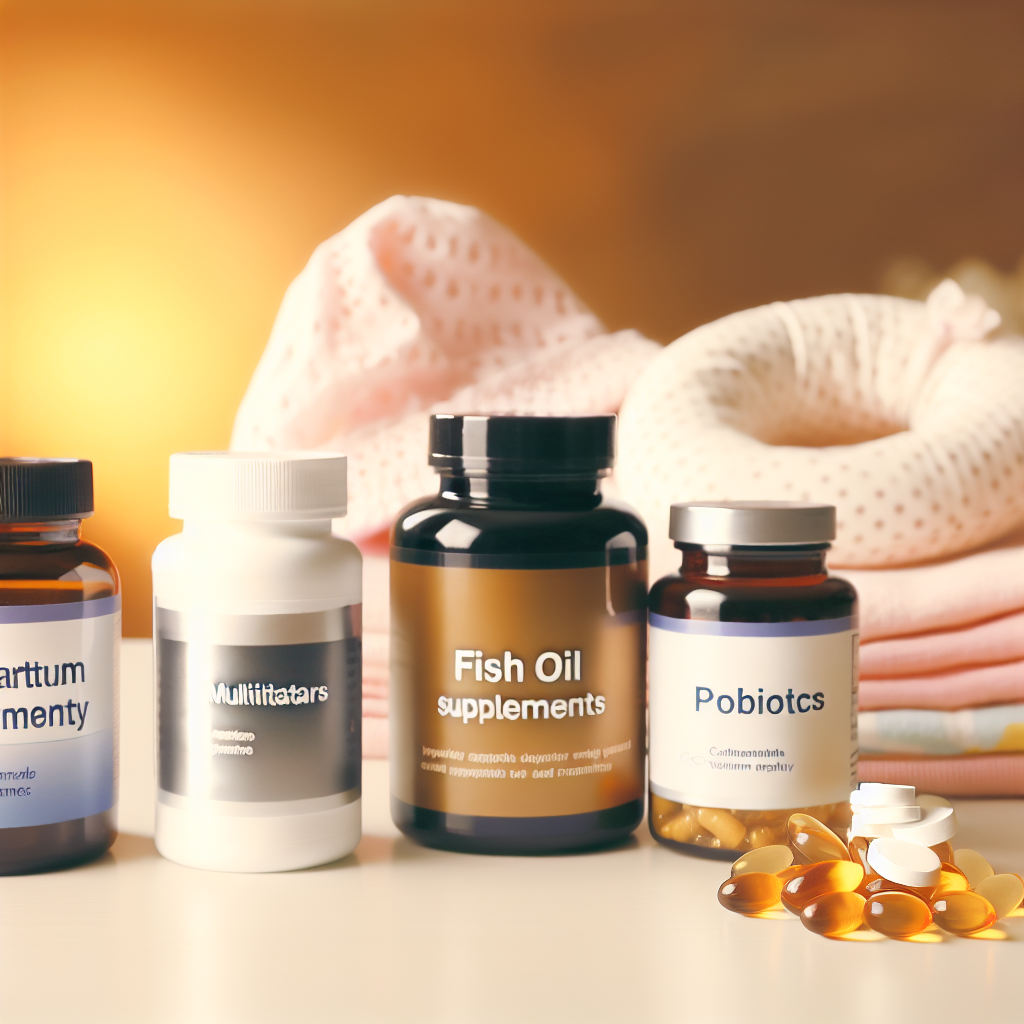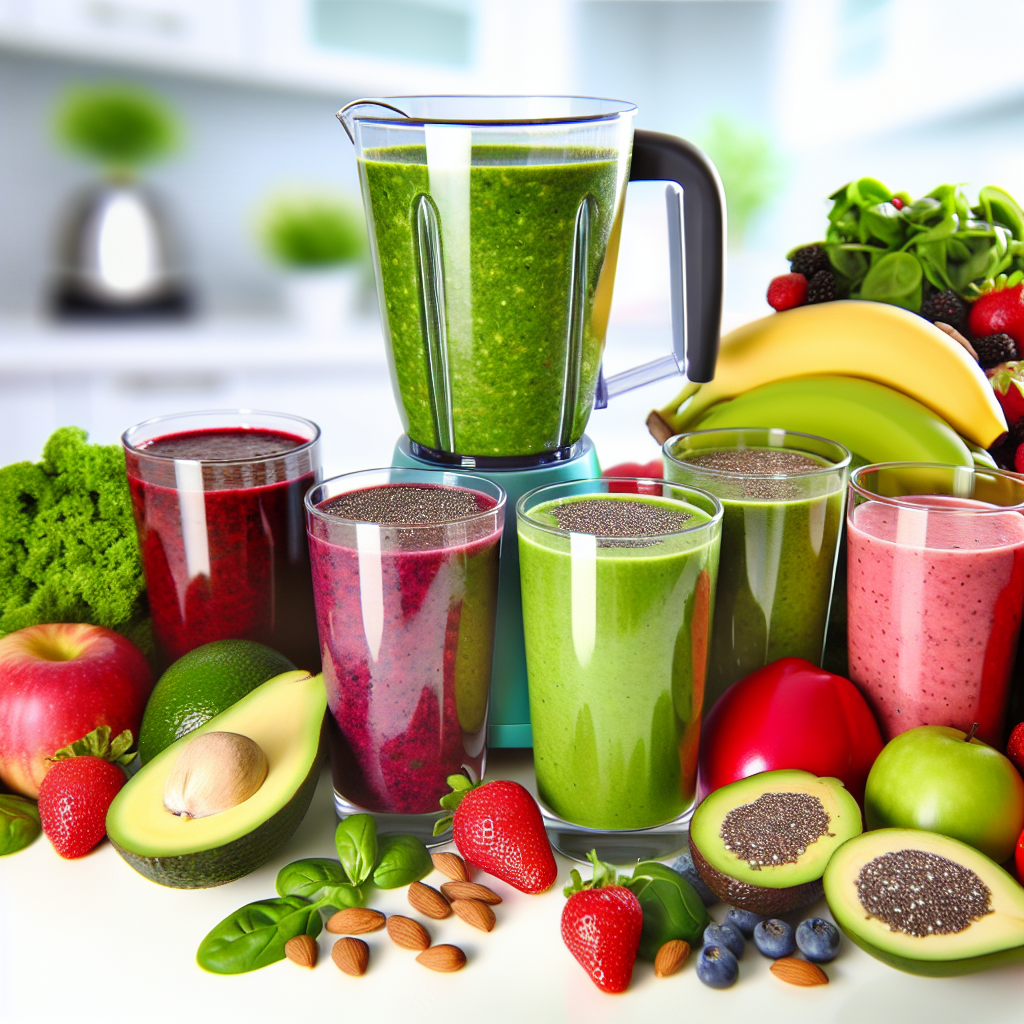6 Essential Supplements for Faster Postpartum Healing
Bringing a new life into the world is a miraculous journey—a true testament to a woman’s strength, resilience, and devotion. But after months of pregnancy and the intense experience of childbirth, your body enters a critical phase known as the postpartum period. While this phase is rich with emotional and spiritual joy, it can also be physically demanding. From hormonal fluctuations to blood loss, tissue repair to breastfeeding demands, the body requires an extraordinary amount of support to bounce back to optimal health.
For women who value wellness as an integral component of a luxurious lifestyle, the days following delivery deserve intentional, high-quality care. Whether you’re recovering from a natural birth or a cesarean section, integrating premium supplements into your postpartum regimen can accelerate healing, enhance mood stability, and replenish your body with the nutrients it desperately needs.
1. Restore Skin & Tissue with Collagen Peptides
Collagen is a protein critical to skin elasticity, joint recovery, and tissue repair. During pregnancy and delivery, the body undergoes significant collagen loss. Daily intake of hydrolyzed collagen supplements has been shown to improve skin elasticity, promote wound healing, and support joint recovery.
A 2019 randomized controlled trial published in the Journal of Drugs in Dermatology found that participants who took collagen peptides for 12 weeks experienced enhanced dermal hydration and increased skin elasticity. For postpartum women, premium marine or grass-fed bovine collagen supplements offer a fast-acting, bioavailable form of restorative support.
2. Boost Brain & Mood Health with Omega-3 Fatty Acids
Docosahexaenoic acid (DHA) and eicosapentaenoic acid (EPA) are essential for brain function, reducing inflammation, and supporting hormonal balance. Both mother and baby benefit when adequate levels are maintained after birth, especially while breastfeeding.
A study published in Nutrients (2020) found that omega-3 supplementation improved mood and reduced symptoms of postpartum depression in new mothers. A pharmacological-grade fish oil or algal oil supplement ensures you’re receiving clean, pure, and effective support for your emotional and neurological recovery.
3. Reclaim Energy & Vitality with Iron
Many women experience significant blood loss during delivery, leading to postpartum anemia—a condition associated with fatigue, compromised immunity, and mood swings. According to the American Journal of Obstetrics & Gynecology, up to 50% of postpartum women may suffer from iron deficiency.
Iron supplements, ideally in the form of ferrous bisglycinate (a gentle, non-constipating option), restore hemoglobin levels, improve energy, and support breastfeeding. Always consult your physician for postnatal iron panels before dosing to ensure accurate supplementation.
4. Support Hormones & Bone Health with Vitamin D3 + K2
Vitamin D plays a pivotal role in hormone regulation, immune support, and bone health—particularly relevant during lactation when calcium demands increase. When paired with Vitamin K2, it ensures proper calcium absorption and reduces the risk of arterial calcification.
A 2021 meta-analysis in The Lancet indicates that optimal Vitamin D levels improve maternal mood, reduce inflammation, and enhance overall postpartum health markers. Choose D3 derived from lanolin or lichens and consult with your physician for a personalized dosage, typically between 2000 IU and 5000 IU daily.
5. Enhance Sleep & Calm with Magnesium
This often-overlooked mineral provides powerful benefits for postpartum recovery—from regulating muscle function and alleviating cramps to improving sleep and reducing anxiety.
A clinical trial in Biological Trace Element Research concluded that magnesium supplementation significantly improved sleep quality in postpartum women. Buffered magnesium glycinate or citrate forms are highly absorbable with minimal digestive disruption, making them ideal for daily use.
6. Strengthen Gut, Mood & Immunity with Probiotics
The gut-brain axis is a foundational link between digestion, mood, and immunity. After delivery, especially when antibiotics are involved, the microbiome is often disrupted. High-quality probiotic supplements restore gut flora, enhance nutrient absorption, and provide immune defense.
A study in the Journal of Clinical Gastroenterology supports the use of Lactobacillus and Bifidobacterium strains for postpartum recovery. Opt for refrigerated, multi-strain probiotic blends verified with clinical-grade CFU counts for maximum impact.
Luxury and wellness are no longer mutually exclusive—they reflect how attuned you are to honoring your body, especially after childbirth. These six meticulously selected supplements provide critical nourishment, accelerate healing, and foster emotional balance. By integrating clinical-backed ingredients into your sacred postpartum ritual, you are not just recovering—you are thriving. Elevate your recovery, embody your strength, and allow your wellness sanctuary to be as exquisite as the life you’ve created.
Summary:
The postpartum period is a critical phase for a new mother’s health and wellness. Integrating high-quality supplements like collagen, omega-3s, iron, vitamins D and K, magnesium, and probiotics can accelerate healing, boost mood, and provide essential nutrients during this transformative time. By prioritizing holistic self-care, new mothers can thrive and elevate their postpartum experience.
References:
– [Collagen Peptides](https://www.ncbi.nlm.nih.gov/pmc/articles/PMC6835901/) – Journal of Drugs in Dermatology
– [Omega-3 and Postpartum Depression](https://www.ncbi.nlm.nih.gov/pmc/articles/PMC7468744/) – Nutrients
– [Postpartum Iron Deficiency](https://www.ajog.org/article/S0002-9378(18)30468-X/fulltext) – American Journal of Obstetrics & Gynecology
– [Vitamin D and Maternal Health](https://www.thelancet.com/journals/landig/article/PIIS2542-5196(21)00192-5/fulltext) – The Lancet
– [Magnesium and Sleep](https://link.springer.com/article/10.1007/s12011-017-1033-8) – Biological Trace Element Research
– [Probiotics and Gut Health](https://journals.lww.com/jcge/fulltext/2020/07000/use_of_a_multispecies_probiotic_in_the.4.aspx) – Journal of Clinical Gastroenterology

Dominic E. is a passionate filmmaker navigating the exciting intersection of art and science. By day, he delves into the complexities of the human body as a full-time medical writer, meticulously translating intricate medical concepts into accessible and engaging narratives. By night, he explores the boundless realm of cinematic storytelling, crafting narratives that evoke emotion and challenge perspectives. Film Student and Full-time Medical Writer for ContentVendor.com




